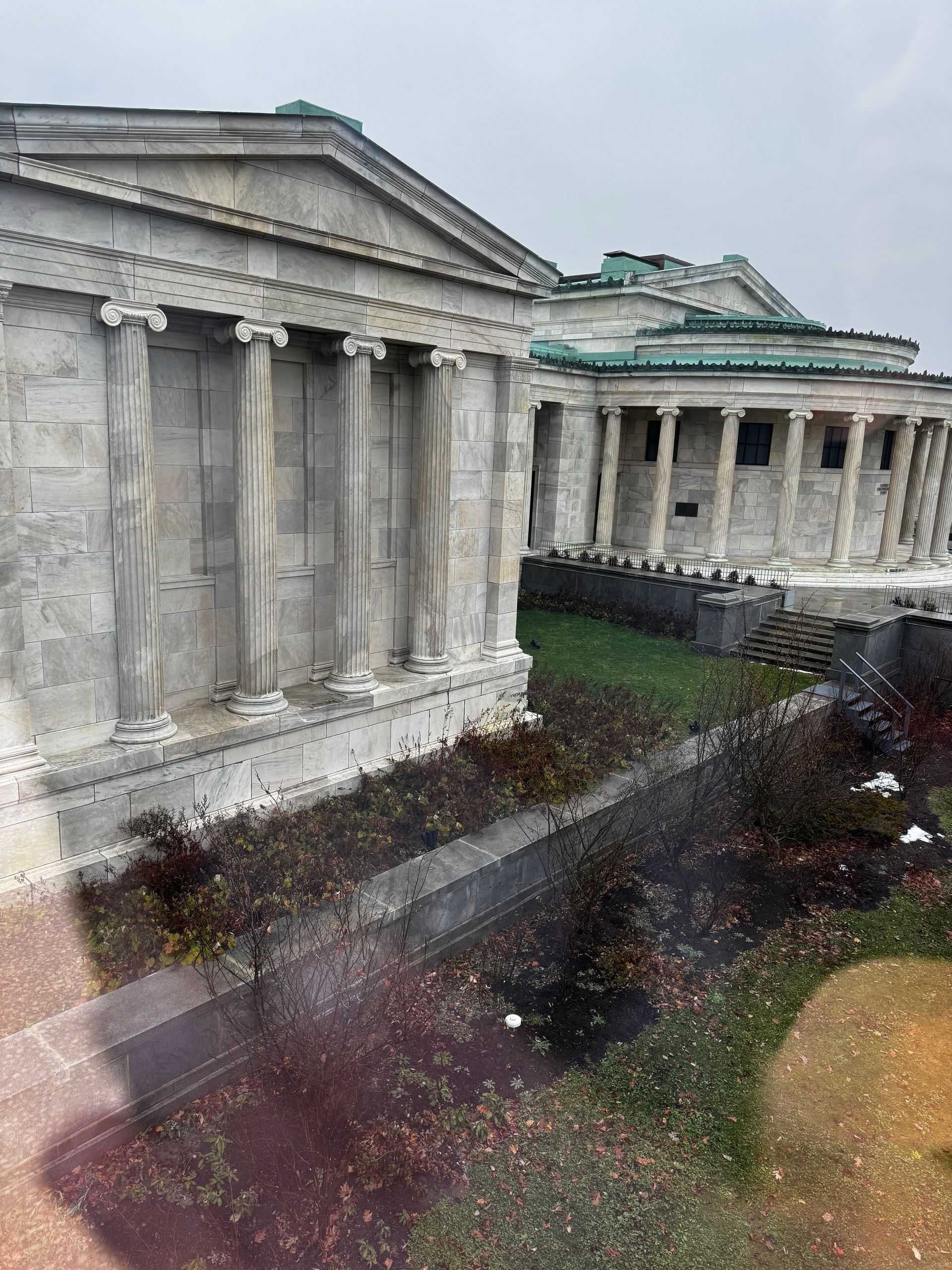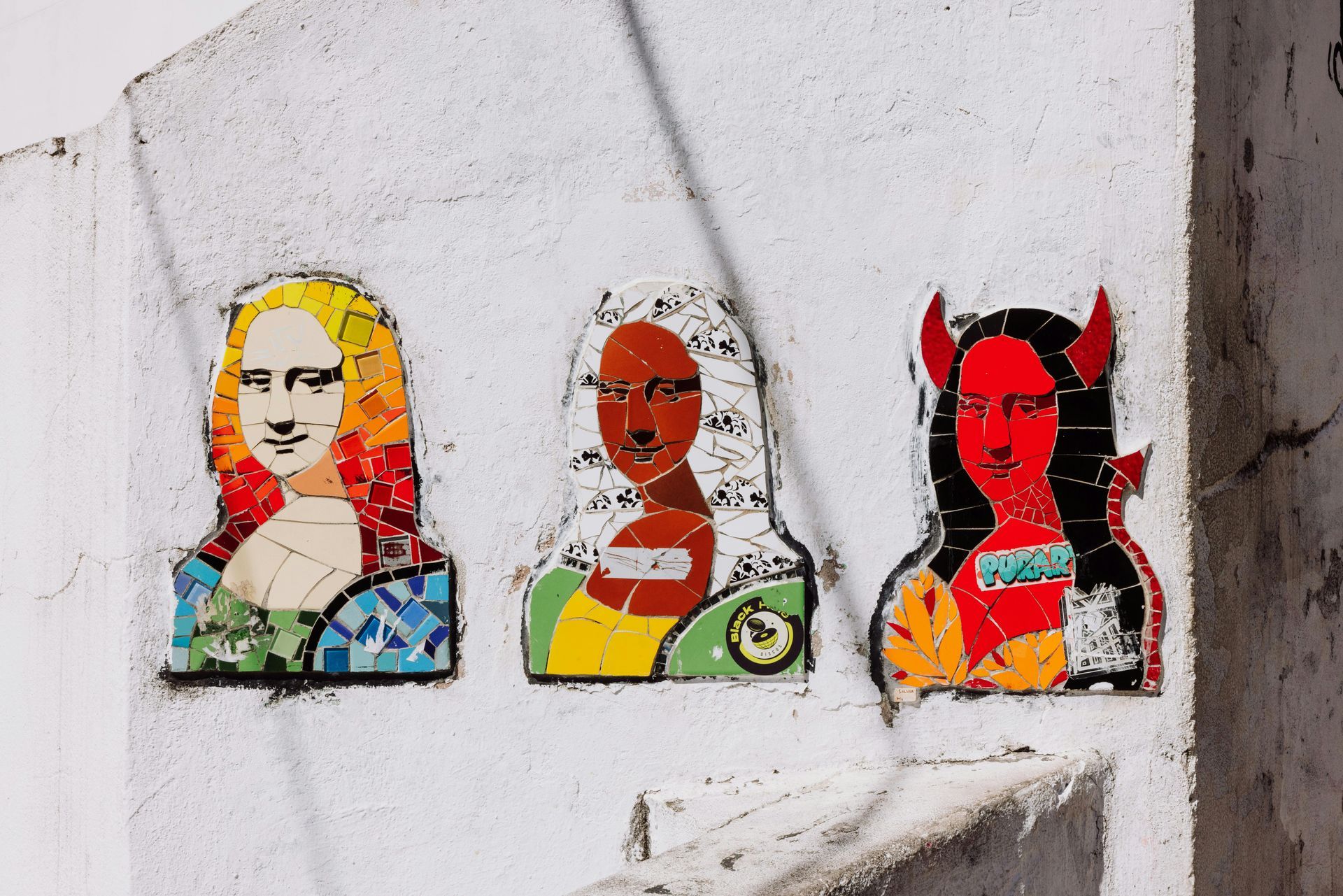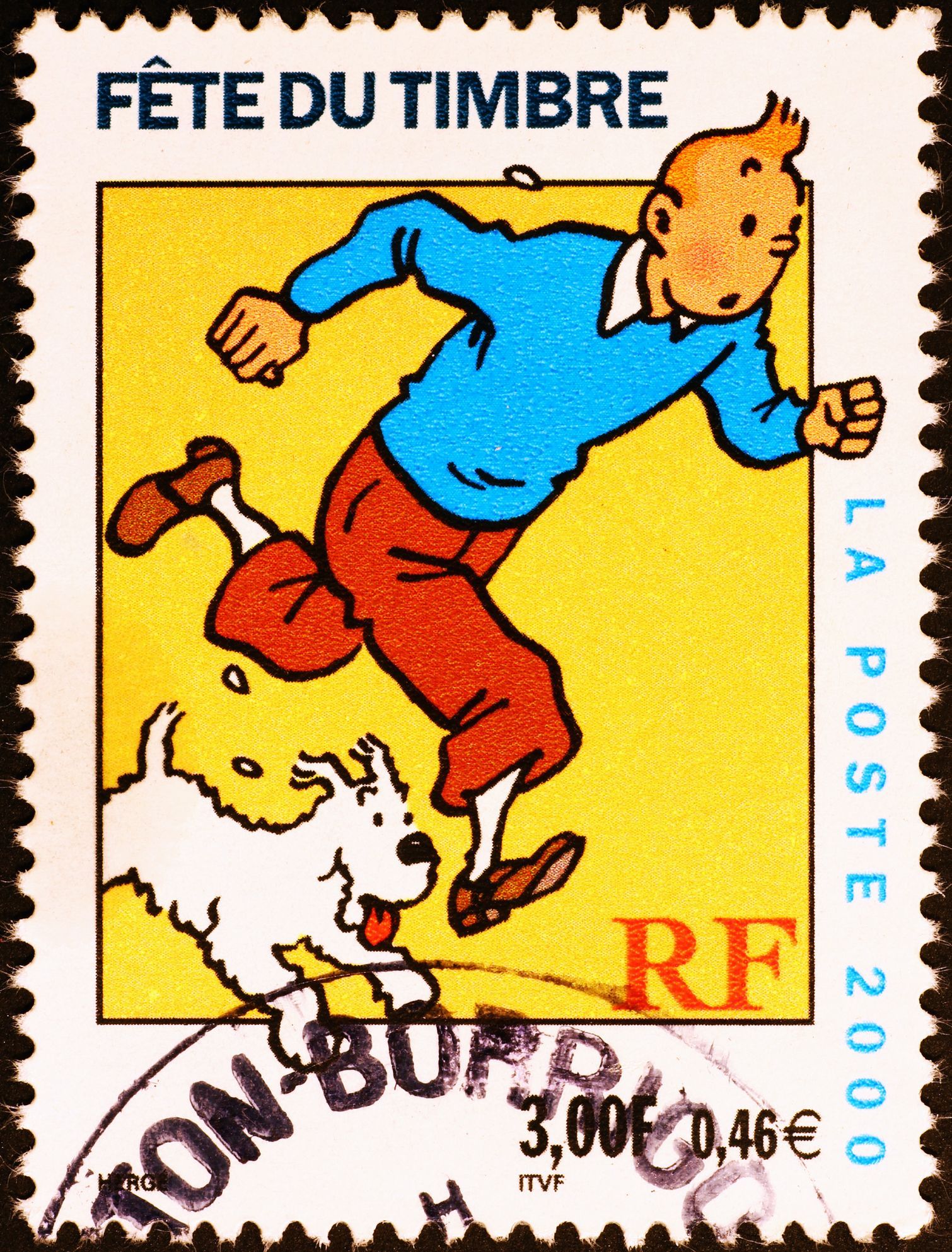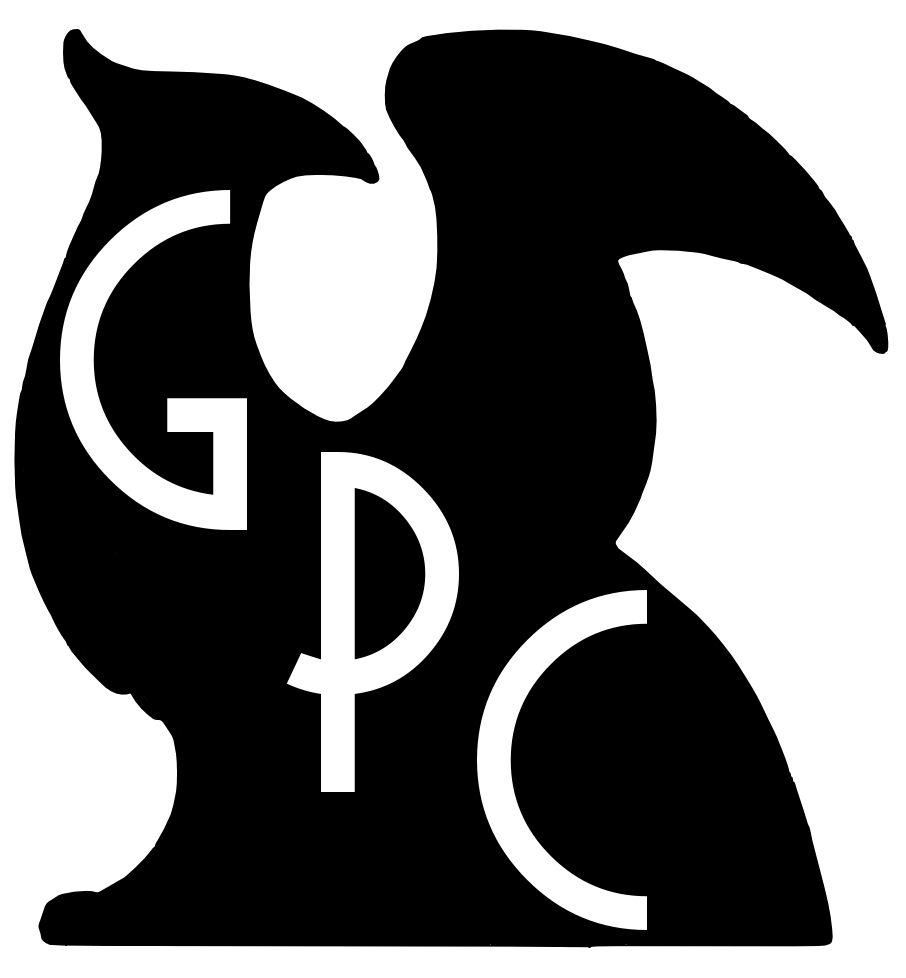Read Your Contracts!
I teach a course on permissions and rights in The George Washington University's Master's in Publishing Program. In it, I stress the importance of understanding your contracts and licenses. After all, these contracts are *everywhere.*

Don't believe me? Turn over your ticket at the next live event you go to. I can assure you that you will likely find some language referring to the venue's rights to utilize your image at the event in any way they see fit, including during a broadcast and in marketing.
"But," you'll say, "I didn't sign a contract! They can't do that!" Ah, but they can. Your ticket is what's called a "bearer instrument" and the act of exchanging money (or something) to obtain the right to view the live event (as, in reality, not everyone can see the event like you can), results in a swapping of rights. That includes the use of your image.
It's a similar thing with social media (and this is where things can get sticky). When you post an item on Instagram, Facebook, Twitter, or the like, you may technically still own all the rights to your image or content, but you also grant some rights to the venue where you have posted your material. In many cases, it's again, for use in marketing, but could go further than that. Simply stating somewhere on your page that you "do not allow" such usage won't necessarily guarantee you protections, either.
That doesn't mean that you shouldn't use social media, or that you shouldn't post your images to other places where your content is exposed to a wider audience. You just need to understand the terms of service for that platform, and what that means for your content.
If you share your content to a site where Creative Commons licenses are in play, it's especially crucial to understand the ramifications of your choice. There are several licenses to choose from, and in using them, you do provide your content with some measure of protection. But when you place content here, it may affect that same content if you then post it in another area.
Take this case, where a photographer uploaded a piece to Flickr, only to find it in use (for profit) on a book years later.
The lesson? Read your licenses (contracts) and understand what it means for the future of your work.
Still need help? Contact Gryphon Publishing Consulting for an analysis of your rights policy today!



